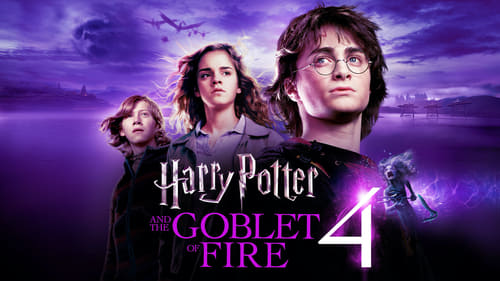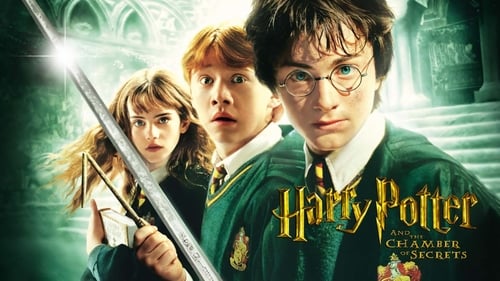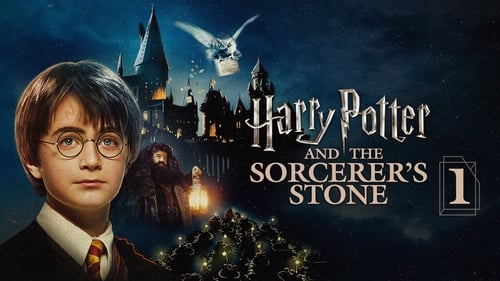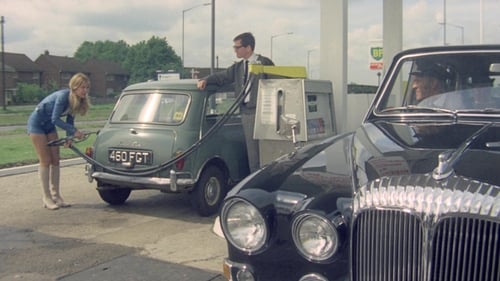
Transportation Captain
When Harry Potter's name emerges from the Goblet of Fire, he becomes a competitor in a grueling battle for glory among three wizarding schools—the Triwizard Tournament. But since Harry never submitted his name for the Tournament, who did? Now Harry must confront a deadly dragon, fierce water demons and an enchanted maze only to find himself in the cruel grasp of He Who Must Not Be Named.

Transportation Co-Captain
Cars fly, trees fight back, and a mysterious house-elf comes to warn Harry Potter at the start of his second year at Hogwarts. Adventure and danger await when bloody writing on a wall announces: The Chamber Of Secrets Has Been Opened. To save Hogwarts will require all of Harry, Ron and Hermione’s magical abilities and courage.

Transportation Co-Captain
Harry Potter has lived under the stairs at his aunt and uncle's house his whole life. But on his 11th birthday, he learns he's a powerful wizard—with a place waiting for him at the Hogwarts School of Witchcraft and Wizardry. As he learns to harness his newfound powers with the help of the school's kindly headmaster, Harry uncovers the truth about his parents' deaths—and about the villain who's to blame.

Transportation Coordinator
The Magnificent Seven Deadly Sins is a 1971 British comedy film directed and produced by Graham Stark. Its title is a conflation of The Magnificent Seven and the seven deadly sins. It comprises a sequence of seven sketches, each representing a sin and written by an array of British comedy-writing talent. The sketches are linked by animation sequences. The music score is by British jazz musician Roy Budd, cinematography by Harvey Harrison and editing by Rod Nelson-Keys and Roy Piper. It was produced by Tigon Pictures and distributed in the U.K. by Tigon Film Distributors Ltd..

Driver (segment "Pride") (uncredited)
The Magnificent Seven Deadly Sins is a 1971 British comedy film directed and produced by Graham Stark. Its title is a conflation of The Magnificent Seven and the seven deadly sins. It comprises a sequence of seven sketches, each representing a sin and written by an array of British comedy-writing talent. The sketches are linked by animation sequences. The music score is by British jazz musician Roy Budd, cinematography by Harvey Harrison and editing by Rod Nelson-Keys and Roy Piper. It was produced by Tigon Pictures and distributed in the U.K. by Tigon Film Distributors Ltd..




